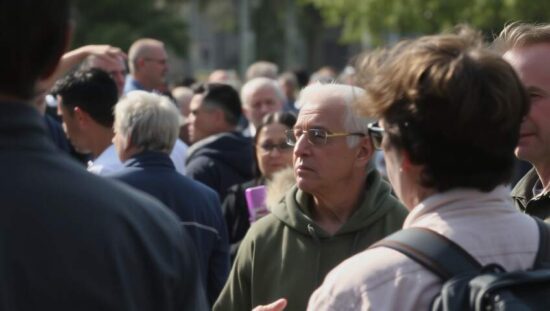The far-right Alternative for Germany (AfD) continues its ascent in the German political landscape, marking a concerning trend for mainstream parties. A new poll conducted by Insa and published in “Bild am Sonntag” reveals the AfD has reached a record 27% of voter preference, a one-point increase from the previous week. This represents the highest level recorded in the “Sonntagstrend” survey and signifies the party’s sustained lead over the traditionally dominant Christian Democratic Union (CDU/CSU).
The CDU/CSU, while experiencing a marginal increase to 25%, remains demonstrably behind the AfD, highlighting a potential erosion of traditional conservative support. The sustained shift in voter alignment raises critical questions about the factors driving the AfD’s appeal, ranging from anxieties surrounding immigration and economic inequality to a perceived lack of responsiveness from established political institutions.
The Social Democrats (SPD) remain comparatively stable at 14%, while the Green Party suffers a noticeable decline, dropping one percentage point to 11%. The Left party holds steady at 11%. The rise of the BSW (Basis Social Movement) and the Free Democratic Party (FDP), both at 4% and the continued presence of “other” parties, albeit dwindling slightly to 4%, further fragment the political spectrum.
The survey, based on responses from 1,200 individuals collected between October 13th and 17th, underscores the challenges facing Chancellor Scholz’s coalition government. The persistent strength of the AfD demands a careful and nuanced political response, moving beyond simple condemnation to address the underlying concerns fueling its popularity. Analysts suggest that the long-term implications of these polling trends could necessitate a fundamental reassessment of Germany’s political trajectory and require a more concerted effort to bridge the growing divisions within society. The continued decline of the Green Party, specifically, suggests a potential fatigue with the current environmental and social agenda, warranting a review of its implementation and messaging.





